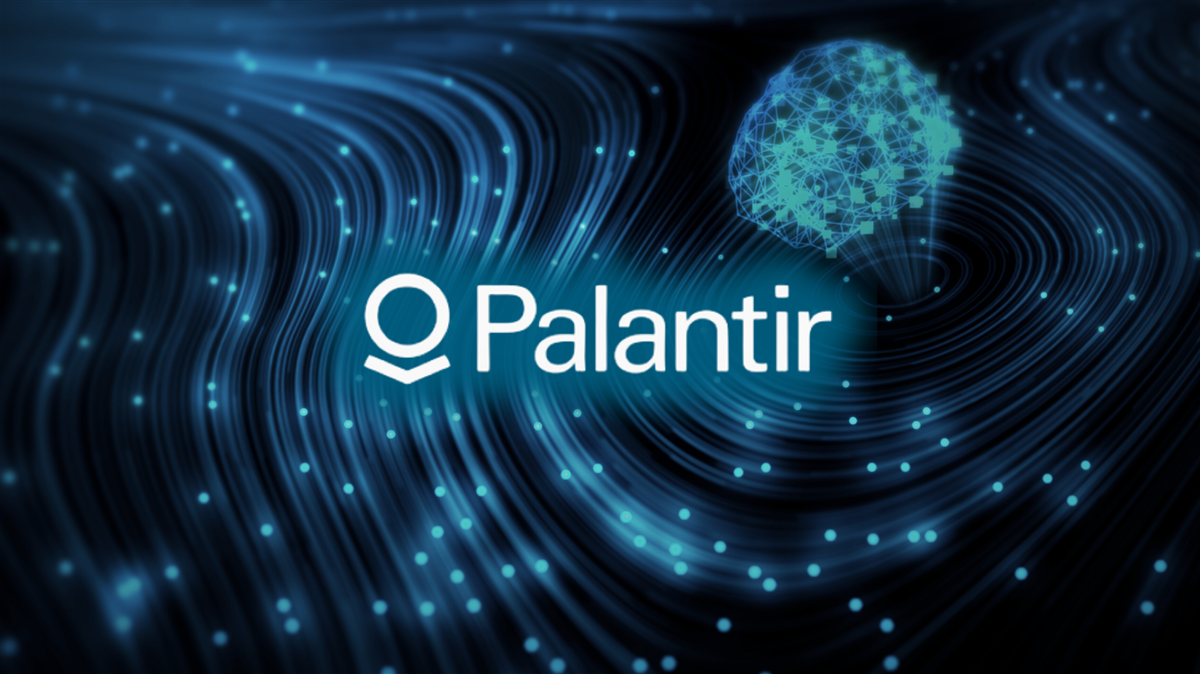A phase two clinical trial has shown the efficacy of famotidine, commonly known as Pepcid, in alleviating coronavirus disease 2019 (COVID-19) symptoms in adult patients. In a new study, scientists at The Feinstein Institutes for Medical Research discovered this widely used heartburn medication stimulates the vagus nerve, which suppresses cytokine storm – a severe immune reaction where the body releases too many inflammatory proteins into the blood too quickly – a hallmark of COVID-19.
This press release features multimedia. View the full release here: https://www.businesswire.com/news/home/20220519005835/en/

Dr. Sangeeta S. Chavan is co-senior author of the new paper published in the journal Molecular Medicine. (Credit: Feinstein Institutes)
The preclinical study published in the journal Molecular Medicine shows that famotidine, a histamine 2 receptor (H2R) antagonist, prevents cytokine storm in mice. Surprisingly, famotidine did this indirectly because it stimulated signals caused by the vagus nerve, a major nerve traveling from the brain, through the neck, into the body’s organs. Investigators found that increased vagus nerve signals were why famotidine injections stopped cytokine storms. By cutting the vagus nerve, known as a “vagotomy,” it prevented the ability of famotidine to stop the cytokine storms.
“Recent observational and clinical studies have suggested that famotidine, which is often used to treat acid reflux, can ease COVID-19 symptoms. But exactly how remained unknown – that’s what we set out to understand,” said Sangeeta S. Chavan, PhD, professor in the Institute of Bioelectronic Medicine at the Feinstein Institutes and co-senior author of the paper. “It has become clear that famotidine kick-starts the vagus nerve, which then signals the release of anti-inflammatory molecules that are used to turn down potentially life-threatening inflammation in the body.”
In the early 2000s, Kevin J. Tracey, MD, president and CEO of the Feinstein Institutes, and colleagues discovered how the vagus nerve turns off inflammation in the body, a process now called the inflammatory reflex. If the inflammatory reflex or vagus nerve is impaired, the result is an unchecked abundance of inflammation, which can contribute to autoimmune diseases, including rheumatoid arthritis and Crohn’s disease. By understanding this feedback loop between the brain and body, Dr. Tracey helped pioneer the field of bioelectronic medicine and neuromodulation, using devices to electrically stimulate the vagus nerve as a therapy to prevent inflammation.
The new evidence reveals a critical vagus nerve role in preventing COVID-19’s dangerous cytokine storms. When famotidine was administered to mice, it significantly reduced serum and spleen levels of the cytokines TNF and Interleukin 6 (IL-6) and improved survival, which means that the inflammatory reflex is famotidine’s mechanism of action.
“It is important to understand that famotidine is safe and effective at potentially treating COVID-19, but it is equally important to understand ‘why’ that is,” said Huan Yang, PhD, associate professor in the Institute of the Bioelectronic Medicine at the Feinstein Institutes and co-senior author of the paper. “These results open up new avenues of treatment research, not only for COVID-19 but other inflammatory diseases as well.”
Researchers noted that future studies are needed to replicate the findings of using famotidine to combat COVID-19 and that this new research was conducted in animal models, not humans. Just as direct electrical stimulation of the vagus nerve has shown to improve a variety of diseases, famotidine too – a well-tolerated and generic drug – may one day offer additional methods of activating the inflammatory reflex to reduce inflammation.
“Previous observations and clinical trials have suggested that famotidine, an affordable, generic drug, has the potential to shorten the symptom duration of COVID-19, but we did not know how it worked to reduce inflammation,” said Dr. Tracey, co-senior author of the paper. “Now these new results point to a role of the vagus nerve inflammatory reflex in suppressing cytokine storm during COVID-19.”
At the start of the COVID-19 pandemic, the Feinstein Institutes began to study the safety and efficacy of famotidine in clinical trials. Most recently, findings from a fully-remote, randomized, double-blind, placebo-controlled clinical trial led by Northwell Health and Cold Spring Harbor Laboratory were published in the journal Gut. The trial results confirm that famotidine leads to earlier resolution of inflammation in patients and alleviates symptoms of the disease, including improvement in breathing, chest congestion, cough and the return of taste and smell.
About the Feinstein Institutes
The Feinstein Institutes for Medical Research is the home of the research institutes of Northwell Health, the largest health care provider and private employer in New York State. Encompassing 50 research labs, 3,000 clinical research studies and 5,000 researchers and staff, the Feinstein Institutes raises the standard of medical innovation through its five institutes of behavioral science, bioelectronic medicine, cancer, health system science, and molecular medicine. We make breakthroughs in genetics, oncology, brain research, mental health, autoimmunity, and are the global scientific leader in bioelectronic medicine – a new field of science that has the potential to revolutionize medicine. For more information about how we produce knowledge to cure disease, visit http://feinstein.northwell.edu and follow us on LinkedIn.
View source version on businesswire.com: https://www.businesswire.com/news/home/20220519005835/en/
Contacts
Matthew Libassi
631-793-5325
mlibassi@northwell.edu







